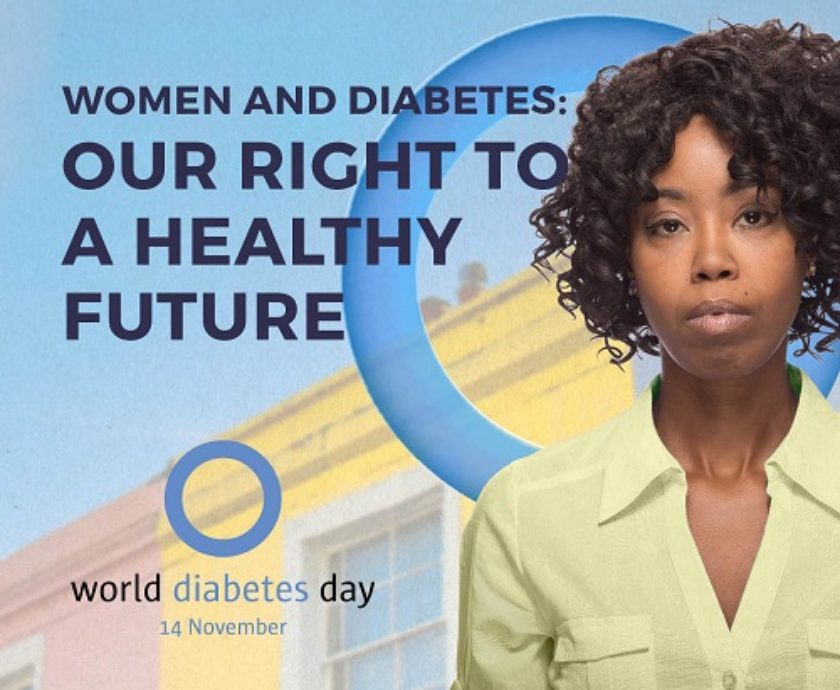Last week, researchers published the results of their analysis on vitamin D which assessed the overall effect of vitamin D supplementation on the risk of developing respiratory tract infections such as the cold and flu.
In their analysis, researchers looked at 25 studies and this included 11,321 people aged 0 to 95 years old from 14 different countries. They found that daily or weekly vitamin D supplementation lowers a person’s risk of developing acute respiratory infections. The effect was most profound in people with the lowest levels of vitamin D with their risk being halved. People with higher levels of vitamin D also benefited, their risk reduced by 10 per cent.
Researchers explained that vitamin D may protect against these infection by helping the body make anti-microbial substances that protect the body from bacteria and viruses.
As a result of their findings, researches stated that this strengthened the case for fortifying more foods with vitamin D, but whilst the researchers were very positive about their findings the UK Government was very cautious saying:
“The evidence on vitamin D and infection is inconsistent, and this study does not provide sufficient evidence to support recommending vitamin D for reducing the risk of respiratory tract infections.”
Vitamin D is very important in protecting our bone and muscle health as well as boosting the immune system. It i also thought to have additional health benefits such as protecting against diabetes, asthma, some cancers and heart disease. To reap the benefits of vitamin D, Public Health England has recommended that people’s average intake of vitamin D should be 10 micrograms.
Vitamin D, also known as the sunshine vitamin, is made in the skin as a result of exposure to sunlight and this is the main source of vitamin D for many people in the UK during the spring and summer. During the autumn and winter months, to get the recommended amount of vitamin D, Public Health England recommends consuming foods which contain vitamin D naturally or are fortified with it.
It is particularly important that the black community in the UK ensure they are getting enough vitamin D. This is because the melanin in our skin, which protects against UV light, also affects our skin’s ability to make vitamin D. So with the same sun exposure as someone with lighter skin we produce less vitamin D. This means that black community are more at risk of having a vitamin D deficiency and should consider taking vitamin D supplements all year round.












